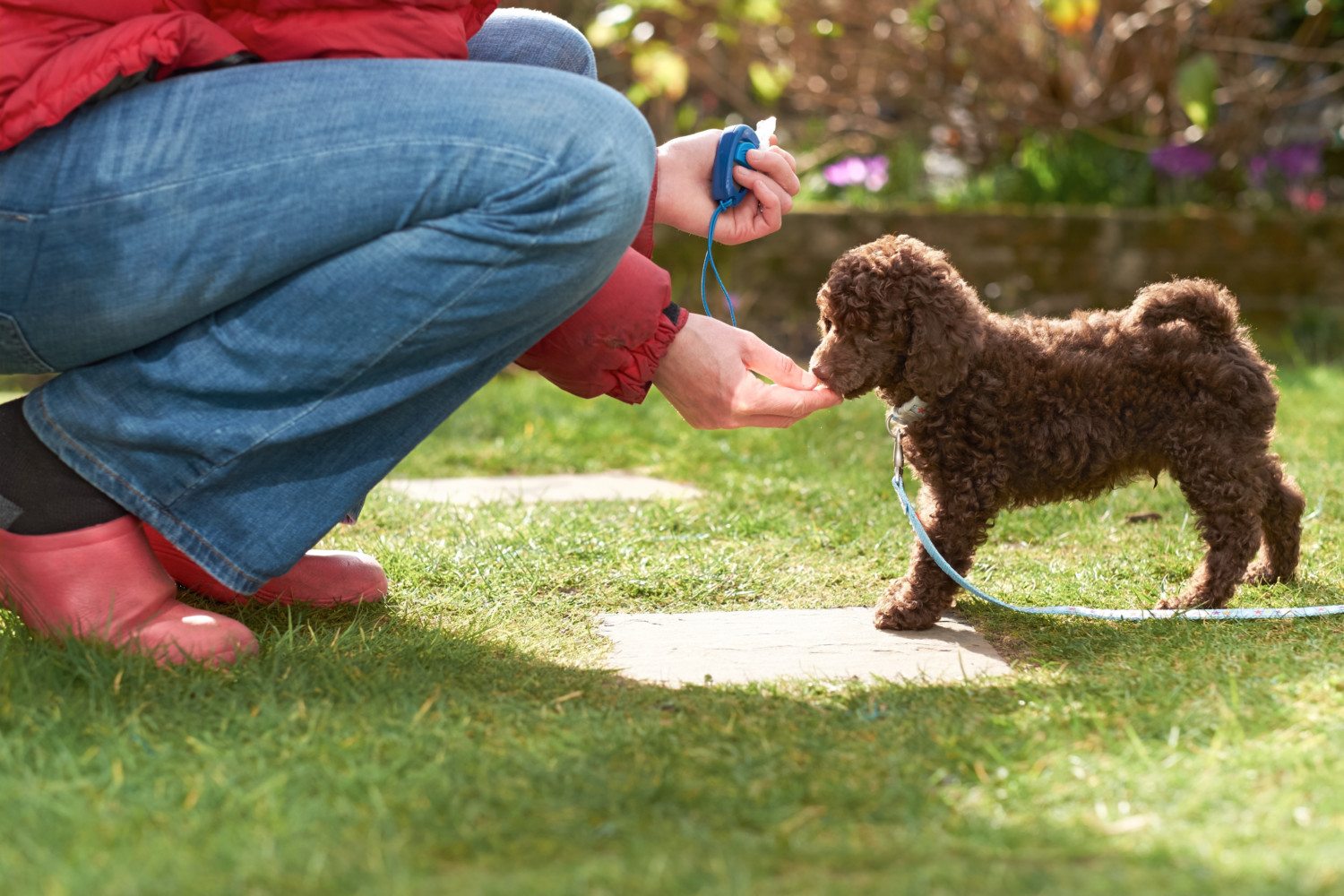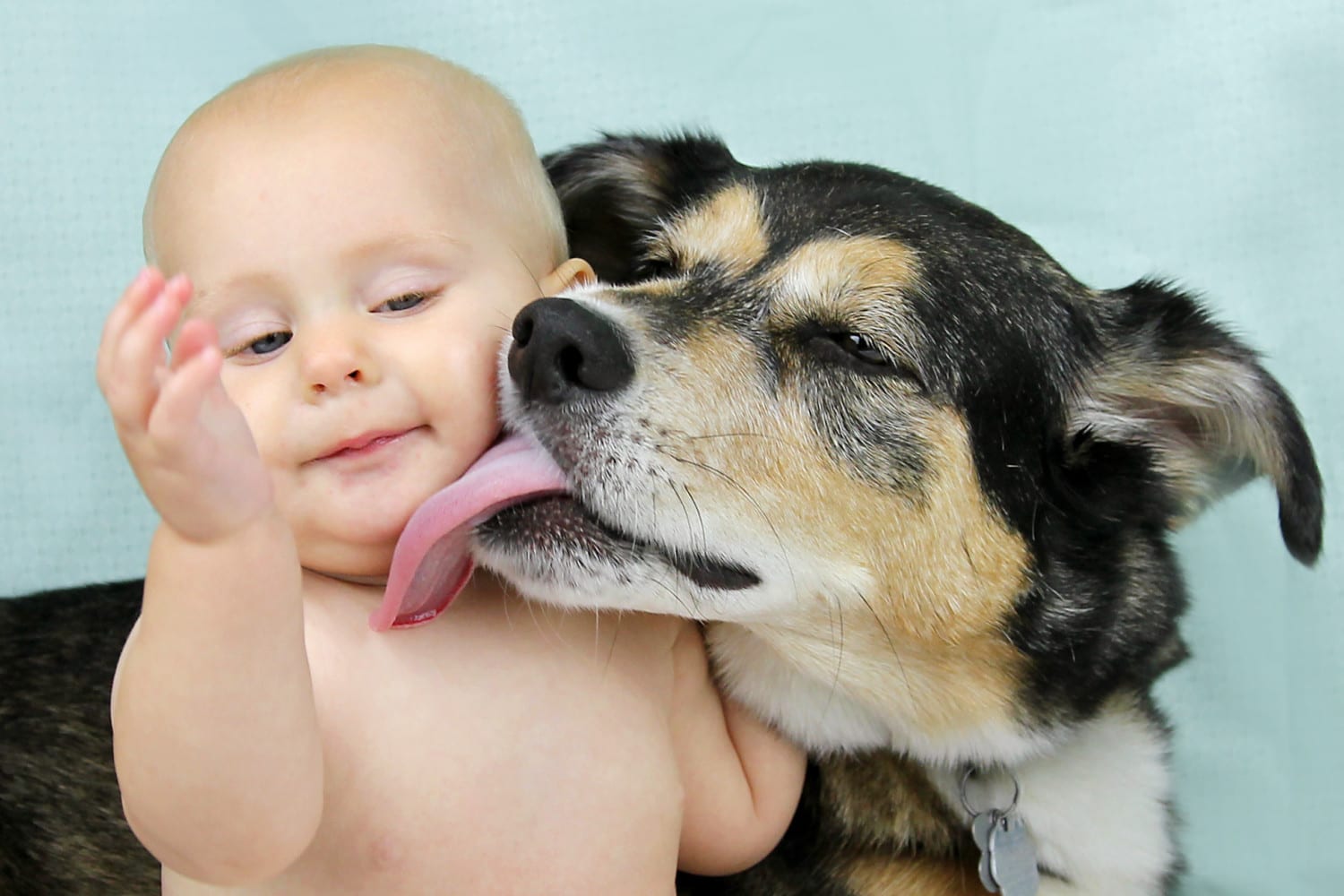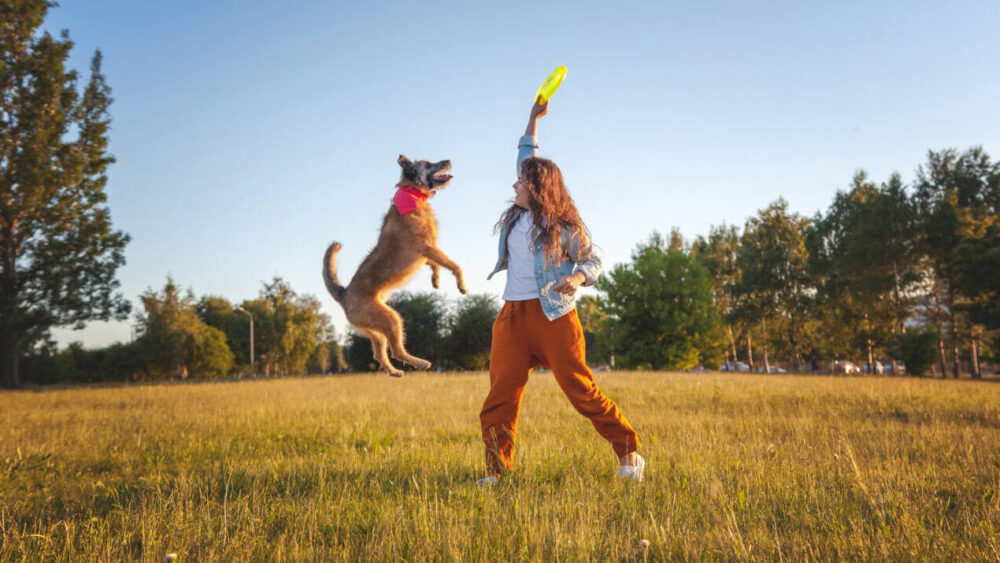5 Questions to Ask Before You Adopt a Dog

You’ve decided to adopt a dog. Wahoo! A dog in need is the best breed, indeed.
Adopting a dog can certainly be an emotional endeavor, though, especially when you notice your potential pet has locked his puppy eyes on you. (Aww!) To help bring a balanced, practical approach to the situation, it helps to come prepared with some solid questions for those overseeing the adoption process at the humane society or shelter. After all, asking the right questions will help you determine if a dog is the right fit, for not just your home, but also your lifestyle.
Here are five questions to ask when you’re looking to adopt a pet.
How Old Is The Dog?
Puppies are adorable, but of course they require more training and supervision. If you don’t have the time or patience to housetrain a pup, or correct problems like chewing or jumping, it probably makes better sense to adopt an older dog, points out the Humane Society of Central Texas. Puppies have tiny bladders, so it’s conceivable that you need to be able to take them out to potty every couple of hours — a tough timetable to manage unless you work from home.
Has A Behavior Assessment Been Done?
A behavior assessment is a standard procedure at most shelters, and it can give you important insight into whether a certain dog is right for you, and if you are right for that dog, according to BluePearl Veterinary Partners, which has emergency pet hospitals throughout the United States.
For example, the C-BARQ, or Canine Behavioral Assessment and Research Questionnaire, was designed by researchers at the Center for the Interaction of Animals and Society at the University of Pennsylvania and is often used by shelters. The test helps to evaluate a dog’s temperament and behavior, layering in several factors, including aggression, chasing, separation anxiety, excitability and how a dog fares around other dogs.
These kinds of tests can help you understand the nuances of a pet’s behavior, such as whether you need to be on alert that the dog tends to eat feces, pulls on a leash or is a known escape artist.
You’ll also get an idea of the dog’s energy level and if he’s a fit for your lifestyle.
How Does This Dog Do With Kids?’
Many dogs that are up for adoption were strays, so adoption counselors might not be able to answer all of your questions about a dog’s history. With that said, adoption counselors do know which dogs are friendly, like to be touched and are not seemingly sensitive to noises and being handled, according to the Humane Society of Central Texas. Regardless of a dog’s age or breed, it’s a good idea to supervise your pet’s interaction with kids.
How Did This Dog End Up In A Shelter?
Moving or landlord issues are the top reasons that people relinquish their pets, according to the Humane Society, which means shelters and rescues have plenty of family-ready pets. Most shelters and rescue groups will also conduct behavioral analyses that can help predict whether a pet will be a good fit for your family.
But, if your dog came from a puppy mill or was abused, knowing this will allow you to take an extra-patient approach. These dogs oftentimes have lived in cages, may be distrusting of people at first and have difficulty house training, according to Best Friends Animal Society, an animal welfare organization.
Does This Dog Have Any Medical Problems?
Most often, when dogs are up for adoption, they’ve received the necessary vaccines, have been spayed or neutered and have had a vet assessment. Some good questions to ask include whether the dog had any negative reactions to vaccines or needs to take any medications on a regular basis.
Health conditions can be a major factor in budgeting for a pet. Petfinder, a pet adoption website, put together a chart that gives you a rough estimate of how much it will cost to care for your dog. On average, you can expect to pay anywhere from $326 to $1,967 each year for a pet.
Now, for a fun question! What name do you have picked out for your pet?










